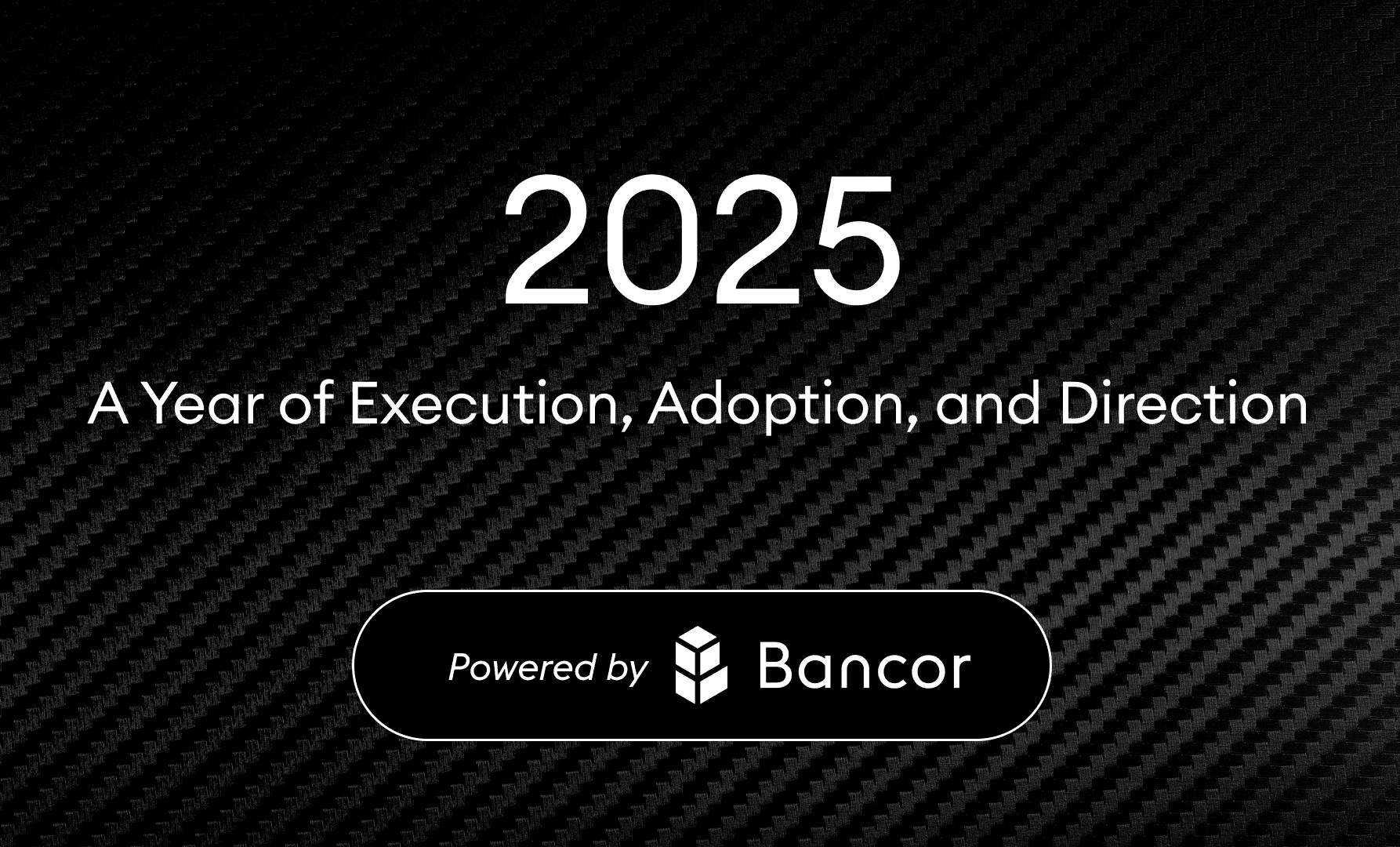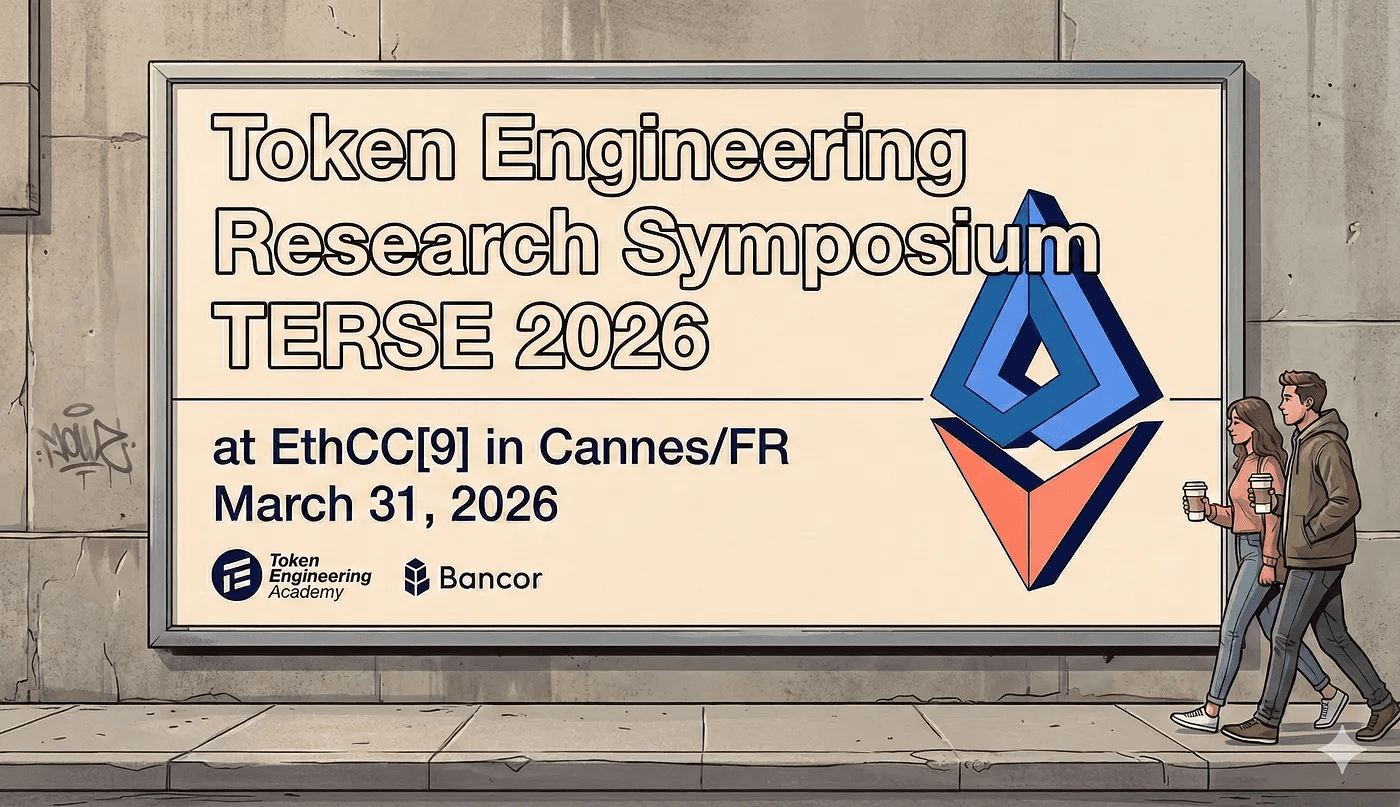Carbon DeFi introduces a new way to trade onchain with Automated Recurring Limit Orders.
Strategy makers on Carbon DeFi have the ability to create two separate limit orders, one to buy a token and the other to sell a token, at whatever price points they choose.
These two orders are then linked together. Linked orders result in acquired funds automatically rotating between them, creating an endless trading cycle without need for manual intervention.

Whether partially or fully filled, trades are irreversible, and makers no longer need to worry about an order being undone should the market retrace. Tokens will only be available to take at the price specified by the maker. Because the price quoted by the maker is exactly what they receive when the trade is executed, makers suffer no slippage on filled orders. In addition, makers on Carbon DeFi pay no gas when the trade is executed, and there are currently no maker fees on Carbon DeFi.

Order Prices:
For each order, makers have the ability to choose a single specified price or a range of prices to buy and sell their tokens.

The option to create a range limit order has multiple benefits. For example, makers on Carbon DeFi now have the means to scale in or out of a position without the need to create multiple orders within two desired price points.
Single limit order example: Buy ETH at $1600.

Range limit order example: Buy ETH between $1625 and $1575.

If a range order is filled, partially or completely, the cost basis for the specified range is equal to the geometric mean of the highest and lowest price boundaries where a trade took place.
Single limit order example: Buy ETH at $1600. Cost basis equals $1600 per ETH.
Range limit order example: Buy ETH between $1625 and $1575. Cost basis equals $1599.80 per ETH.
Funding:
Makers have the option to fund one or both orders.
With zero obligation to fund both orders, users have the ability to create a limit order with funds they don’t yet have.

For example, a maker may create an $ETH/$wBTC automated recurring limit order as follows:
Set a specific price for an ETH buy order funded with 1 wBTC. Set a specified price for a wBTC sell order funded with zero ETH. These orders are now linked.
As the wBTC is traded for ETH, the newly acquired ETH automatically rotates to fund the sell order. This ETH is now available for takers to trade against at the desired price originally set by the maker at the time of creation.
Management:
After a strategy is created, it will appear on the “My Strategies” page.

Carbon DeFi provides makers with multiple ways of easily managing automated recurring limit orders in a gas efficient manner.

Modify Pricing:
Modify pricing allows makers to quickly adjust the prices they choose to buy and sell their tokens, all without having to cancel orders, withdraw funds, redeposit funds, or create new orders.
Add Funds:
Funds may be added to existing orders at any point.
Withdraw Funds:
Funds may be partially withdrawn or withdrawn in full. Makers may wish to downsize their position and withdrawing partial funds allows for this without the need to withdraw full funds, cancel orders, redeposit funds, and recreate orders.
Withdrawing full funds is an option for makers who may wish to trade this token pair in the future. Withdrawing, rather than deleting, gives makers the ability to create a similar strategy in the future without the need to re-mint an NFT.
Pause:
Pausing trading means tokens within the respective recurring limit order are no longer available for takers to trade against.
Unpause:
Reactivate trading at the maker’s desired price points.
Delete:
Orders may be deleted when makers no longer wish to trade the specific token pair within the strategy and have no plan of trading that particular pair in the future.
Security
Automated recurring limit orders are native to Carbon DeFi and require no oracles or hooks, eliminating the risk of oracle extractable value (OEV) and other major security concerns in DeFi. In addition, Carbon DeFi has undergone three extensive audits prior to release.
Create your first Automated Recurring Limit Orders now at Carbon DeFi!





